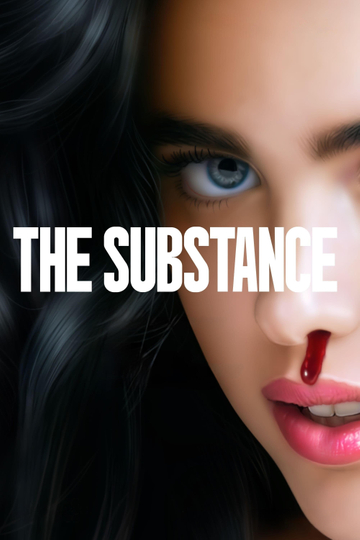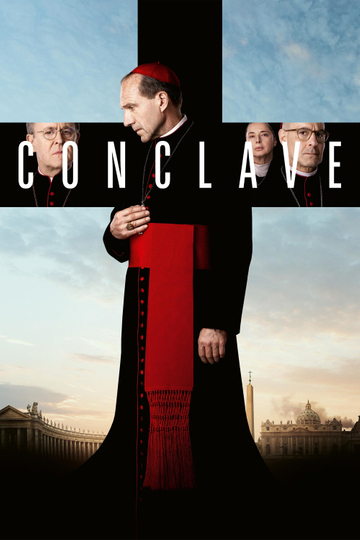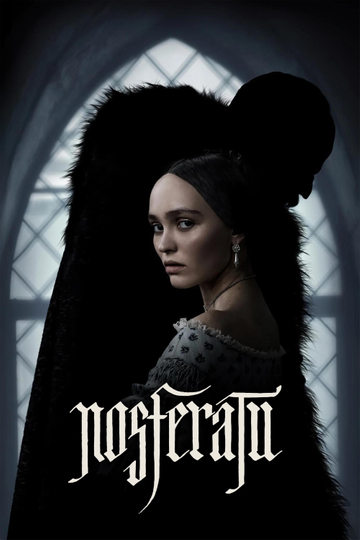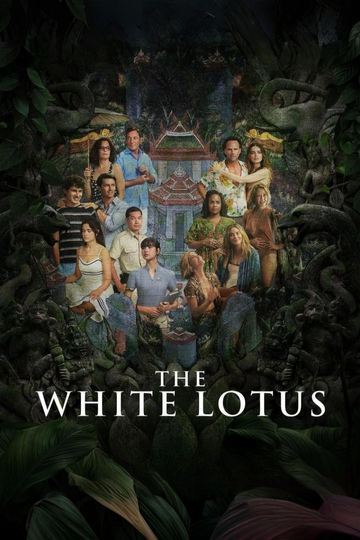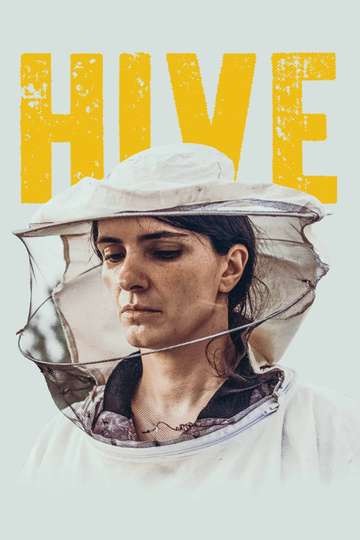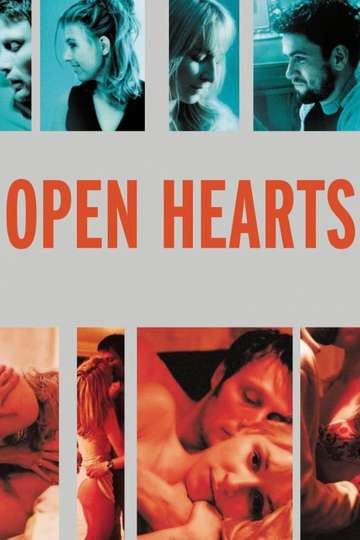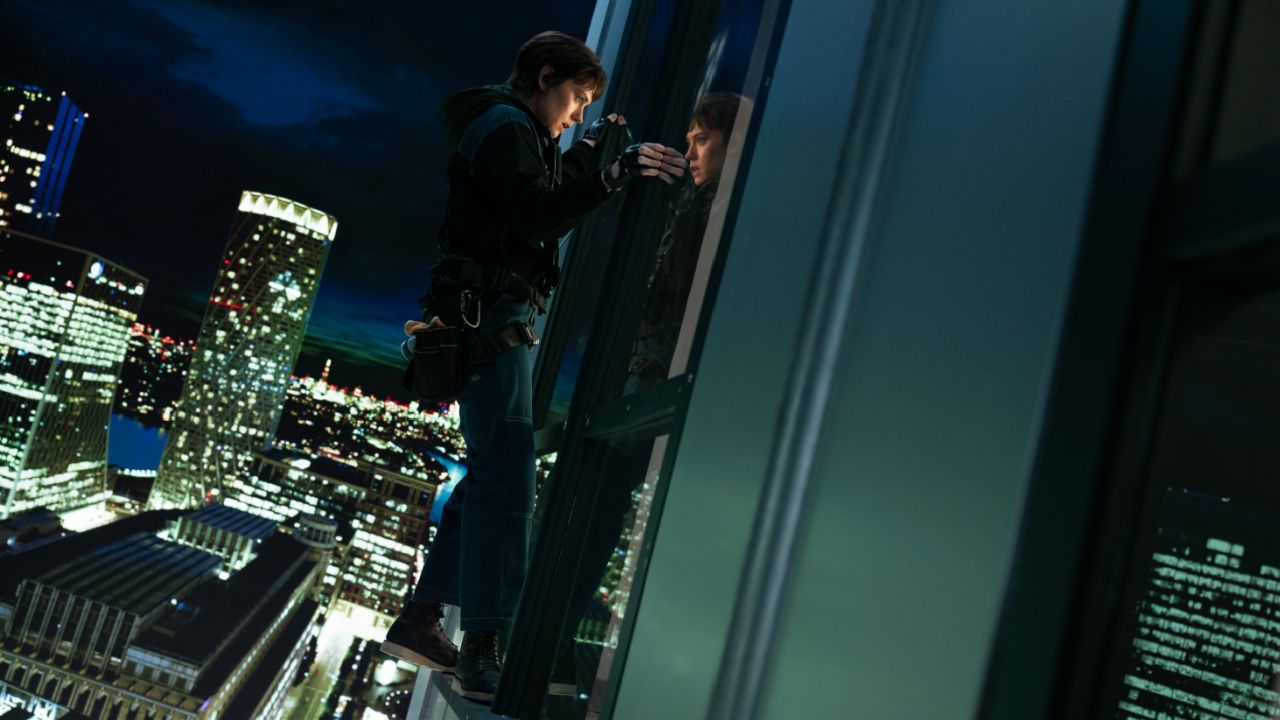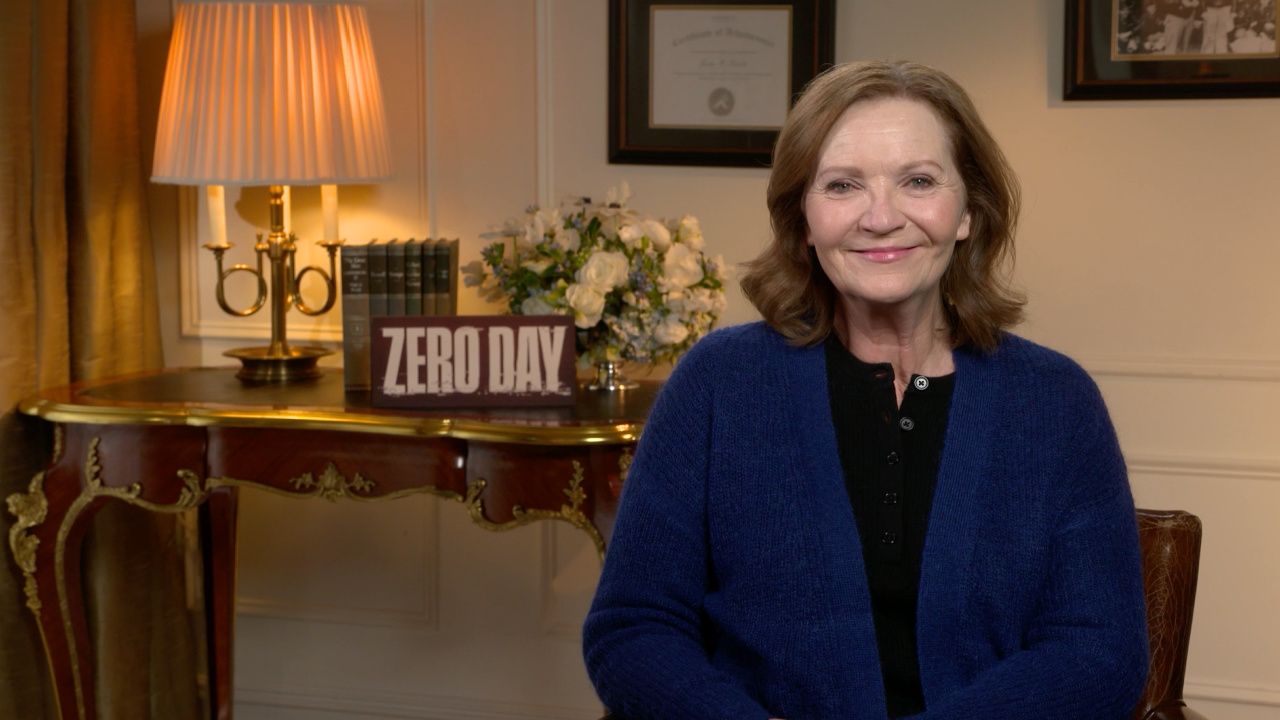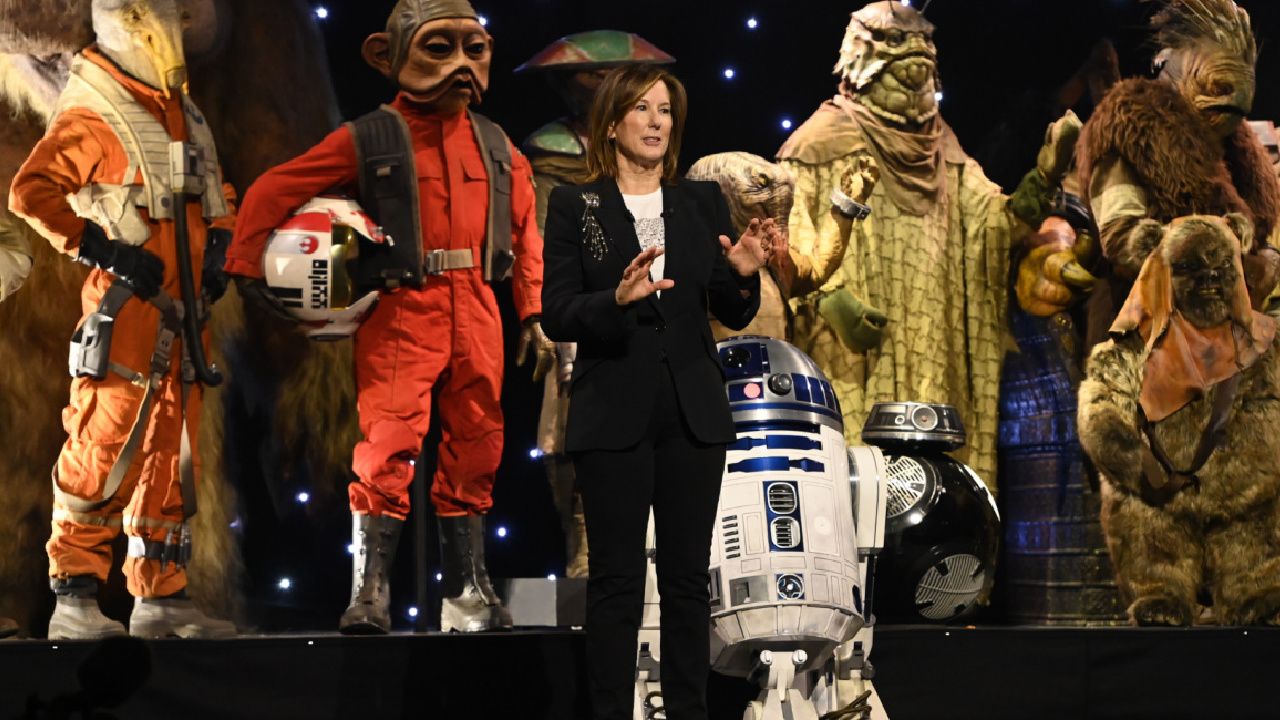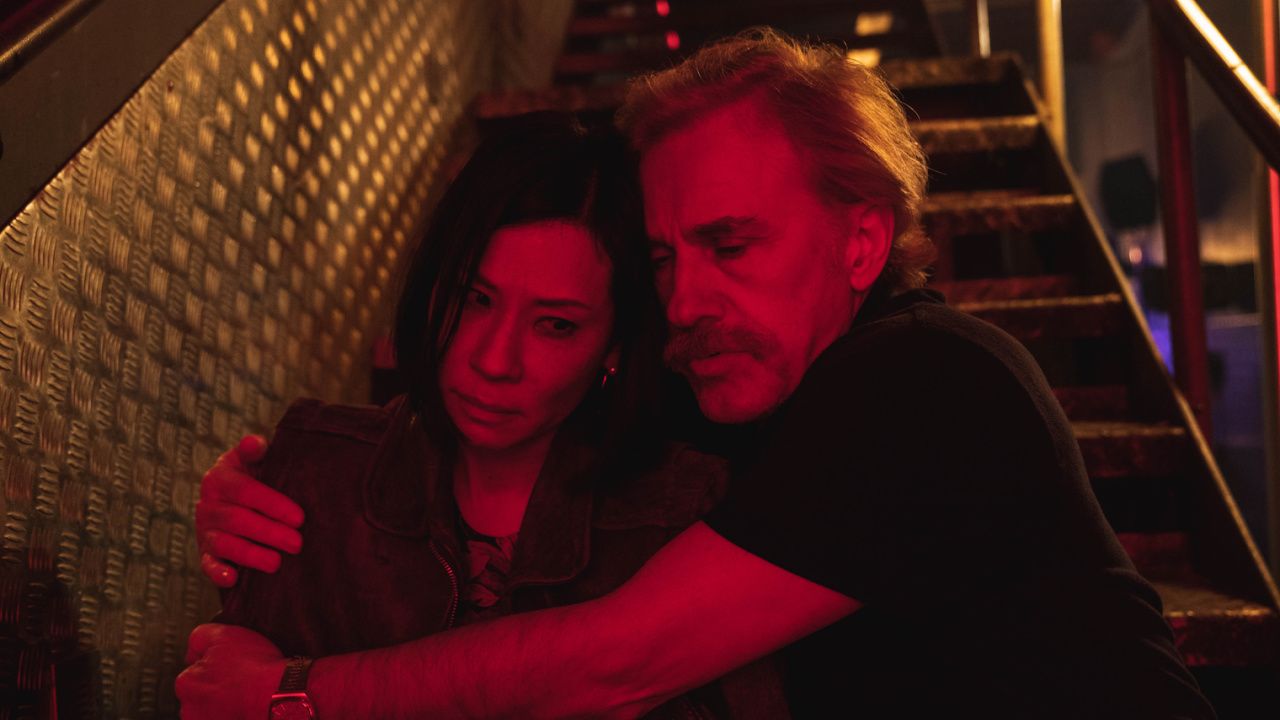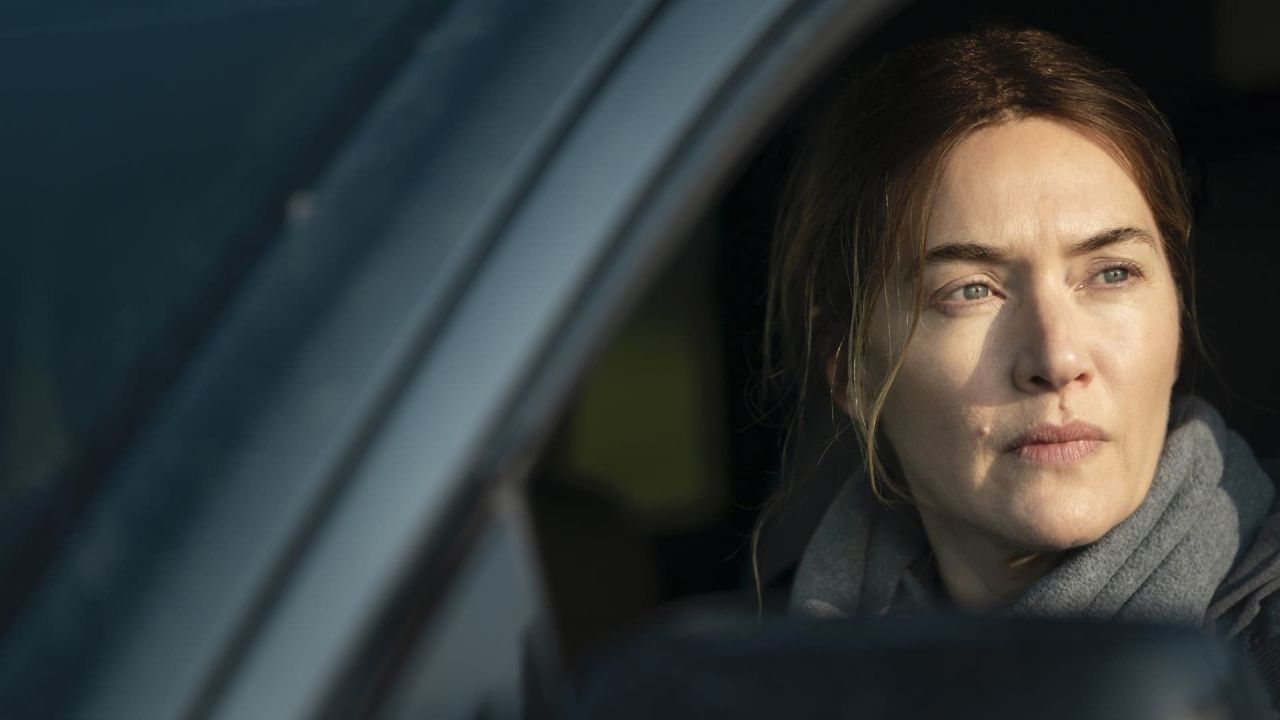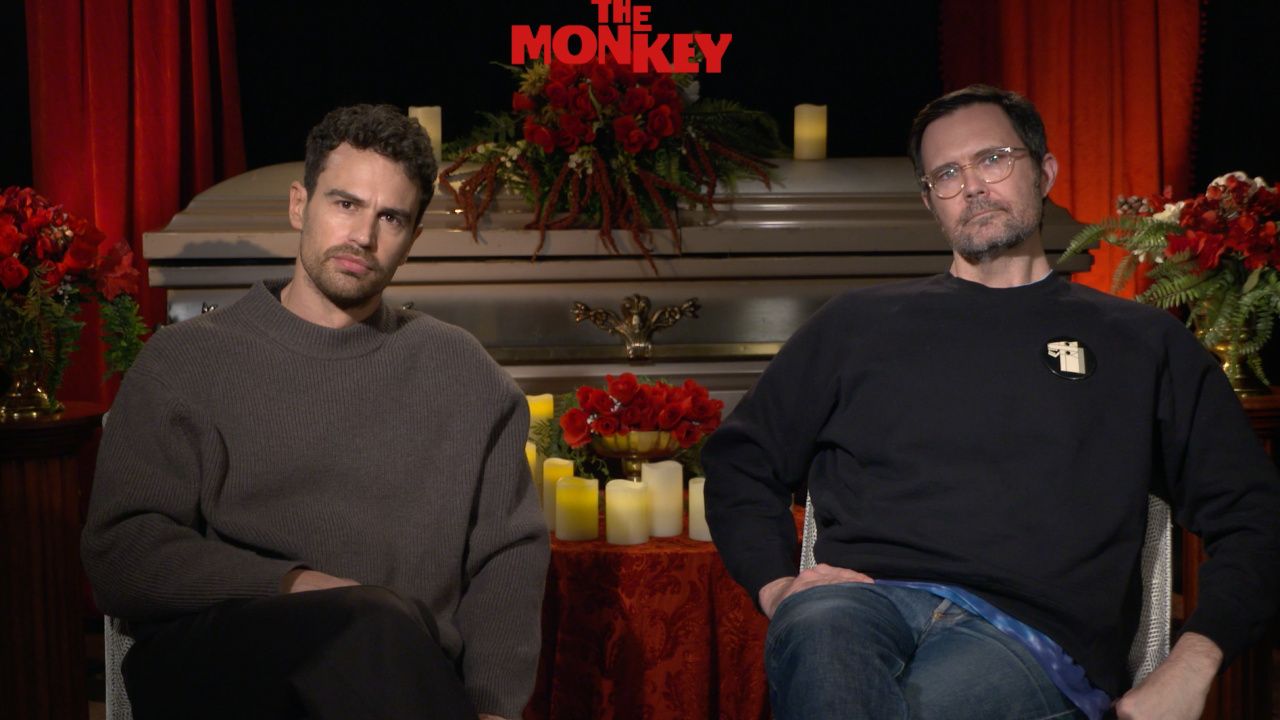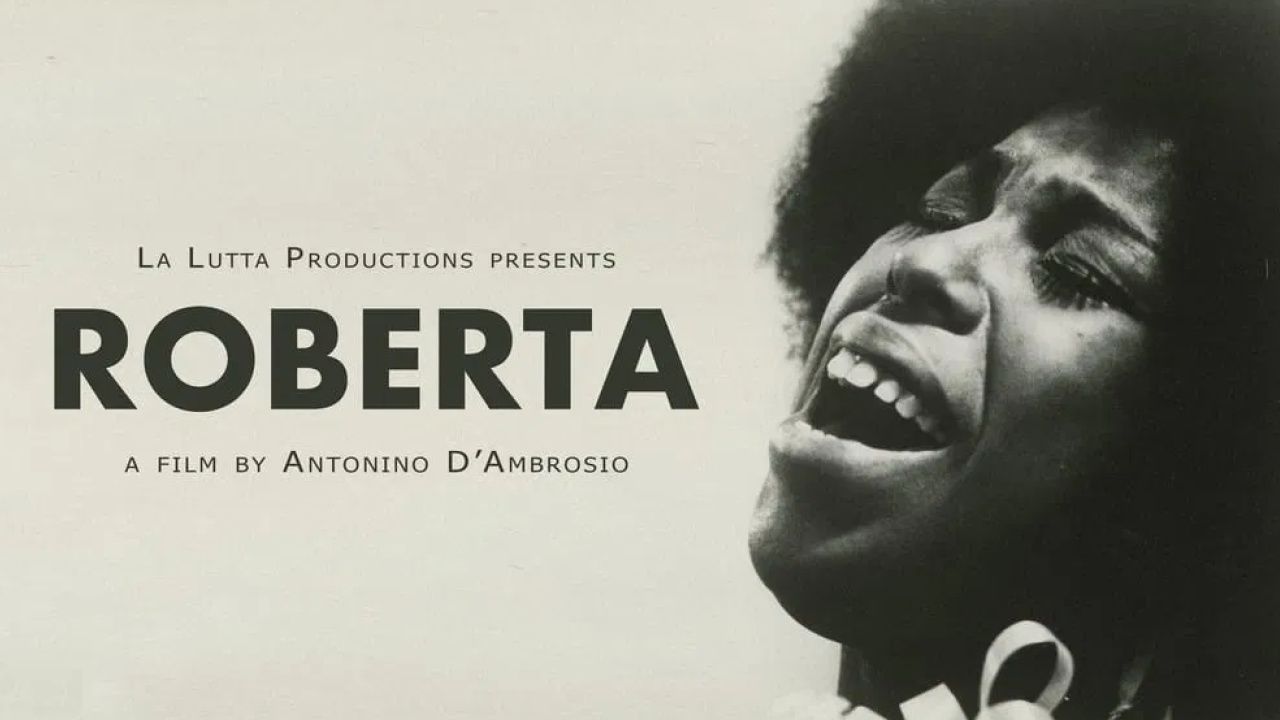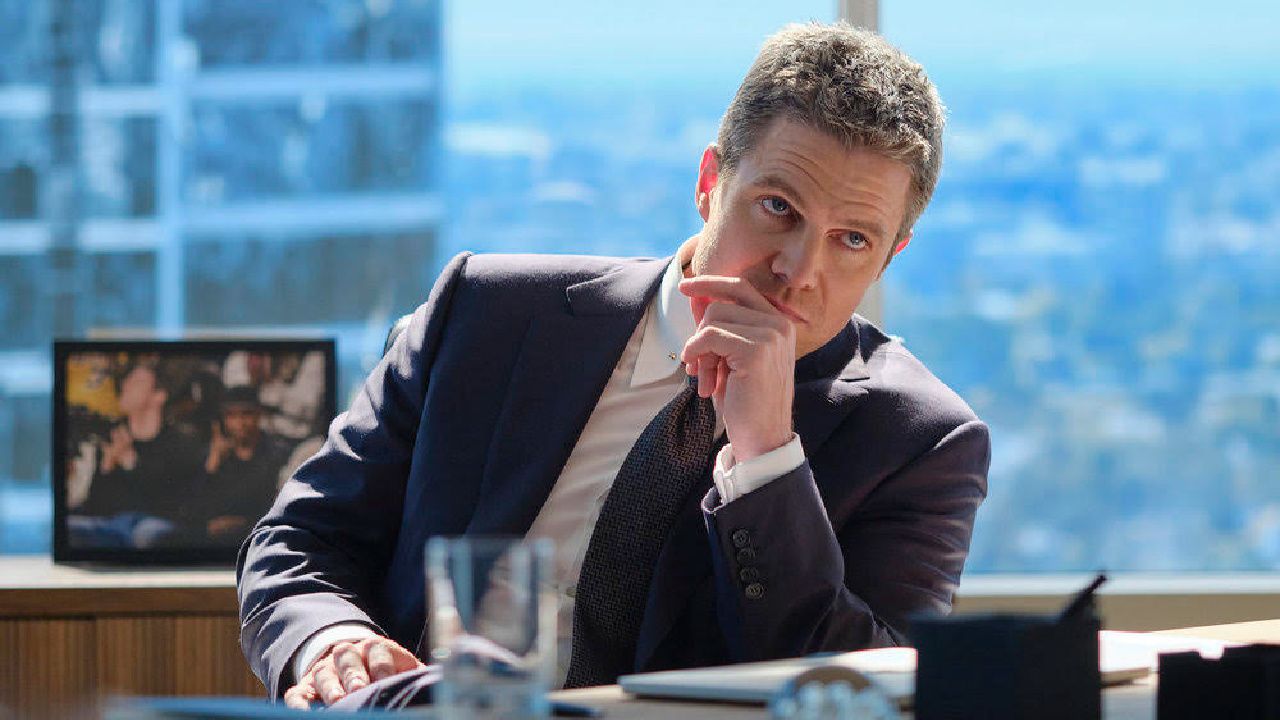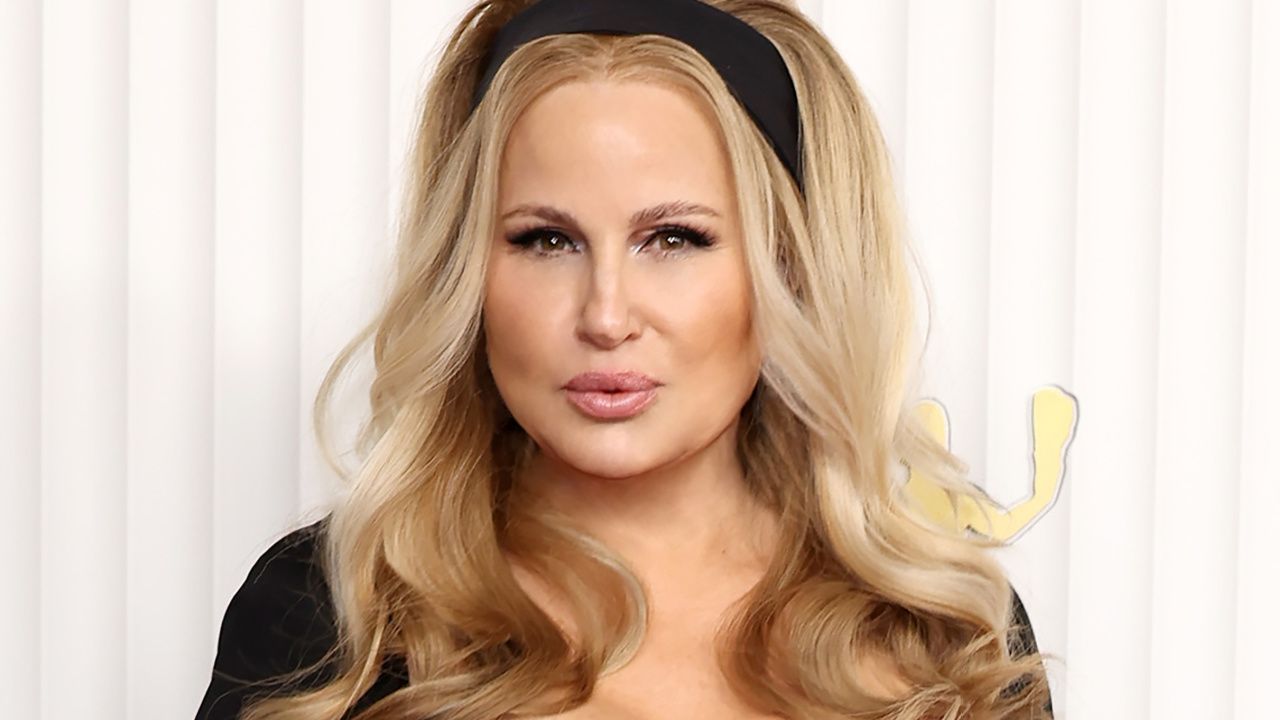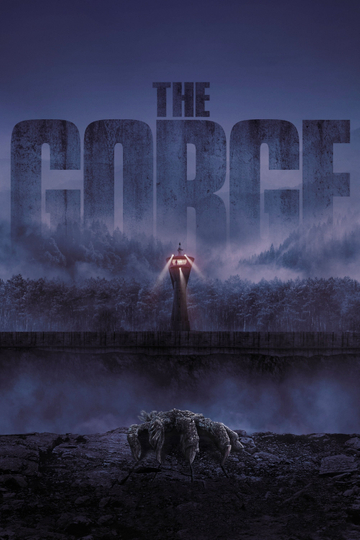Female Filmmakers in Focus: 'Hive' Director Blerta Basholli Discusses Her New Film
Welcome to Female Filmmakers in Focus, featuring recommendations for films directed by women to seek out each week. This week, Blerta Basholli talks about her film ‘Hive’ and the work of Susanne Bier.
Hive - directed by Blerta Basholli
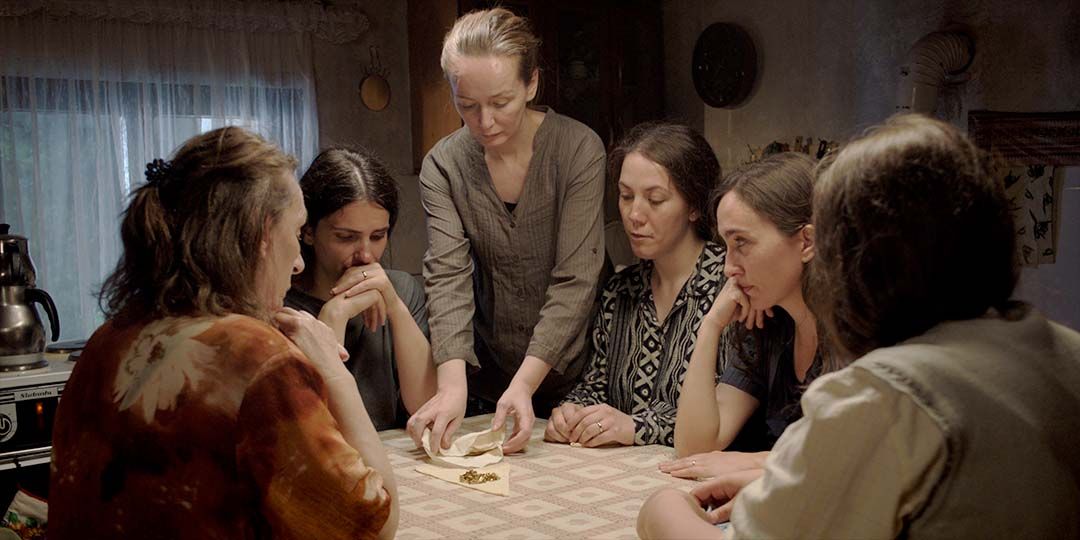
Kumrije Hoxha, Yllka Gashi, Adriana Matoshi, Molikë Maxhuni, Blerta Ismaili, and Valire Haxhijaj Zene in 'Hive,' directed by Blerta Basholli
Born in Kosovo, writer-director Blerta Basholli’s documentary short about the representation of women on Kosovar television ‘Mirror, Mirror’ played at the Sarajevo Film Festival in 2006 and her short film ‘Gjakova 726,’ which shows the most war torn town in Kosovo from the point of view of a 12-year-old boy, played at a dozen festivals including the Rotterdam Film Festival in 2009. She then attended the graduate film program at NYU. While living in New York City, she worked on several film and television projects. Her next short film ‘Lena dhe Unë (Lena and Me),’ a playful look at the arranged marriage of two immigrants in America, played at several film festivals, including the First Run Film Festival in 2011. Her debut feature film ‘Hive’ had its world premiere at the 2021 Sundance Film Festival where it won the audience award, grand jury prize, and directing award in the World Cinema Dramatic Competition section. It has since been selected as the Kosovan entry for the Best International Feature Film at the 94th Academy Awards.
Based on the true story of Fahrije Hoti, ‘Hive’ follows war widow Fahrije (Yllka Gashi) who fights against the patriarchal society of Krusha to forge a new life for herself and the other women of her village. Krusha was the site of some of the most gruesome massacres during the Kosovo War in 1999, with many of its residents missing and presumed dead in either unmarked mass graves or the nearby river. Tired of waiting for a husband who is likely dead, when the opportunity arises for Fahrije to learn to drive, she seizes it. Armed with her license, she starts a business selling ajvar to a supermarket in a nearby city, hoping the other women of her village will join her. A life-affirming look at resilience and the power of women, Basholli’s film is essential feminist viewing.
‘Hive’ is now playing in New York and Los Angeles.
Director Blerta Basholli spoke to Moviefone about her new film.
Moviefone: How did you discover Fahrije’s story and decide it should become a film?
Blerta Basholli: I saw her story because she had started her business and a lot of people did TV stories about it. I studied film in New York and at that time I was living in Brooklyn with my then boyfriend, now my husband. He called me and said, listen to this story about a woman who got a driver’s license and started to work. So I sat down and listened to the story. I'm born and raised in Priština (the capital of Kosova), even for me, it was surprising. My father is from a village and I did regularly visit his village, so it's not that I was disconnected from rural life, but it was still very interesting for me to hear her story. I was thinking what kind of approach I should take to this kind of story, because we went through a lot of difficult things in our lives. Before the war, it was a very long period of occupation and living in a regime and then the war and I just remember my family during the war would joke around. We couldn't even turn the lights on so the police didn't know there were people in the apartment; we were afraid that they're going to enter and kill us. Yet, we will still kind of make weird jokes about the situation. So a lot of my films have this satirical approach to it because that's how we lived. I guess that's how we could move on living in that kind of situation.
I had worked with actress Yllka Gashi before and I wanted her to meet Fahrije, because I immediately really thought that Yllka should be the actress to play her, so we went to meet her together. When I got to know her energetic personality, her dreams, and the way she was talking about how she started with a business and what she had to overcome. She inspired me, and she keeps inspiring me every time I meet her. She just really keeps amazing me with how she deals with everything. Now she’s opened a big factory that employs over 100 women. I'm still really surprised how she did it all because she didn't go to university. I don't think she even finished high school. But she had these dreams, and she pursued them no matter what. So for me as a director I thought how do you make a superhero film? How do you make her story believable? So a satirical, radical approach was not an option. When I met her, I felt obliged to portray her strong personality on screen.
MF: Could you talk about working with Yllka Gashi?
Basholli: Yllka Gashi is a famous actress in Kosova. She was on a very popular TV series, but I’ve also seen her in some theater and some little feature films as well. While I was still in New York at NYU, I invited her to work with me through my friend who knew her on my short film. We shot the short film, which was satirical, and it was very much a funny film. I could see what I can do with her and how well we can collaborate. So in a way, I immediately knew it had to be her. She had taken a break from working, and I thought in that time she also grew up as a person and as a woman, and it's going to help her portray the character. In terms of how crafted the character, it was really from the impression we had from meeting Fahrije in person and how she was so stoic and so strong in front of us talking about everything. I really wanted to portray that on screen.
We discussed how to portray the inner world of a very specific character in a specific village in a specific country, for which people don't know much about. How do you portray that anxiety, that pain that she has? We tried to really understand how it is to be in her skin without having to explain too much. For me, it was really important that people understand how it feels to have to wait for somebody for so long, and to have to raise kids and then to have to deal with society at the same time. I mean, how do you feel, and how do you stand up and continue every day? Luckily we hadn't lost anyone during the war, but we both were raised in Priština during the occupation, and we've gone through the war, we both had to leave our homes. So during rehearsals and preparations, we told each other what happened to each of us during the war. We even cried that day while talking about it. We really had to dig deep into our own emotions and how we felt about that period, to be able to understand and make decisions on how to portray Fahrije as a character.
MF: Did you shoot in Fahrije’s actual village?
Basholli: We didn’t shoot in the same village because her village has been reconstructed. Our military and the army burned the whole village down. People had to rebuild their houses from the ground up. So the village looks pretty new. It doesn't look the same at all. We had to pick a village that looks like the way Krusha did right after the war. The village where we shot was a little bit abandoned. So the houses were destroyed and looked a little bit like a war torn kind of village.
MF: Could you talk about the cultural sort of importance of ajvar?
Basholli: It is a very traditional dish. People used to make that at home. My mom used to make it. It's usually a winter food, because we put it in the jars, and then you can have it as a bread spread during the whole winter. Now people are making it a little bit less because you can actually buy in stores now. So it is quite traditional. For me, it is even more important that she chose that for her business because she chose something that the whole village could work with. These women did ajvar at home anyway for their families. They had no profession because most of them did not go to university. She knew that this is work that they could do. I think that's really smart of her, that she got the chance she got and knew that these women need money, and they need to stay sane, because they need to work. Everybody was so sad. They were crying the whole time. So she tried to make them work because they needed to stay sane for their children as well. She worked with what she had, and she made it. She did it. She didn't have to train these women to do something else and maybe fail, but she did it.
MF: How much impact do you think Fahrije has had for the women in her country?
Basholli: I think she's done a lot for the women. First of all, I think for every woman and every person who hears her story. Because of course it is a patriarchal society, but the whole society was in a post-war situation. So it was a lot of post-war trauma, for men as well as for women and children. Then, these women had lost a lot of members of their families, and had to deal with prejudice as well. So it was hard to deal with all the trauma and prejudice and not having the man of the house. Everything was so complicated with these women, and that's what I appreciate a lot about her. Besides being a businesswoman, I think she was a psychologist as well.
She knew when women gather together they could gather to cry, to dance, to laugh. Each time they would gather, one of the women would start to tell a story about how she lost their children or the husband or brother, or parents, and then everybody would start crying. So she would just play music and say let's dance. Say we're not gonna cry, we're gonna dance. She knew they had children to raise, and they had to stay sane. So she was like, we could just sit down and cry all our lives, or we could do something. She gathered them together, and she made them sing and sometimes cry. Then she slowly asked them to join her and work, regardless of what the society says. She did that very delicately because she knew that was better than being aggressive. This is why I had bees as a symbol as well, because she really was able to bring these women together. Now they have a great community and there's still a lot of them working with her. She helped these women cope with their reality and be able to move on. I really think she did more than any awareness campaign could do, or any other role model could do. She changed the mindset of her village, of her municipality, of the whole of Kosova.
MF: Could you recommend another film directed by a woman that readers should seek out?
Basholli: Oh, I like a lot of women filmmakers, and it's not that I specifically choose them because they are women, but because I really first of all love their films and then realize there's a woman director who directed it. So I really liked Susanne Bier’s films. I like Andrea Arnold's films. I really am a great fan of hers. I like Lynne Ramsay films. I like Maren Ade’s films. They're really a true inspiration to me.
MF: Is there a Susanne Bier film in particular that you love? I think she's really underrated.
Basholli: Well, I love almost all of her films. ‘Brothers’ and ‘After The Wedding’ are both great, but ‘Open Hearts’ is the one that really made me a fan. I used to think that what is beautiful is to choose nice shots or to use technology and use composition. I did that in a lot of short films, I'll probably do it again. But when you see ‘Open Hearts’, it looks like it's shot with a VHS camera or something, yet it's such a powerful film you don't even care how it’s shot. So I think that was a turning point for me when I saw that film. ‘Open Hearts’ really changed the way I see working on film and how important it is to have a good story and unbelievable acting, and then how you shoot it is a matter of style. It's very important, but the most important things are really the story and then the performances.

Mads Mikkelsen and Sonja Richter in 'Elsker dig for evigt (Open Hearts),' written and directed by Susanne Bier
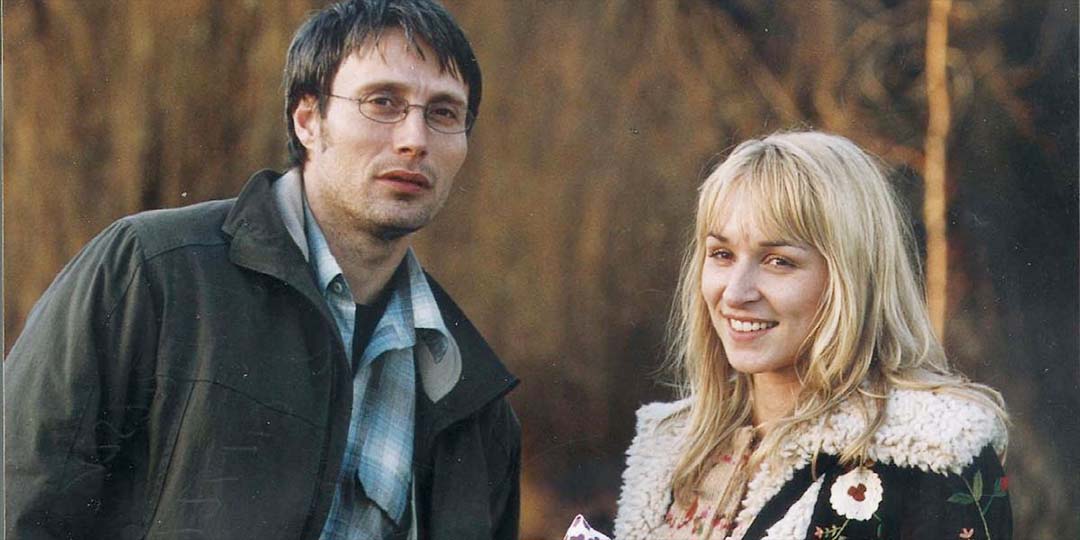
Mads Mikkelsen and Sonja Richter in 'Elsker dig for evigt (Open Hearts),' written and directed by Susanne Bier
Born to German-Jewish immigrants in Copenhagen, Denmark, filmmaker Susanne Bier studied at the Bezalel Academy of Arts and Design in Jerusalem, the Architectural Association in London, and the National Film School of Denmark where she graduated in 1987. She began her career directing music videos, commercials before her breakout hit romantic comedy ‘Den Eneste Ene (The One and Only)’. Starring her longtime collaborator Paprika Steen, the film won the Robert Award (the Danish Oscar) and Bodil Award (Danish Film Critics) for best Danish film of 1999, and it remains one of the most successful domestic films ever released in Denmark. Her films ‘Efter Brylluppet (After the Wedding)’ and ‘In a Better World (Hævnen)’ were both nominated for Best Forieng Language Film at the Oscars, the latter of which won the award. On her 8th film ‘Elsker dig for evigt (Open Hearts)’ she followed the Dogme 95 manifesto, which called for a more minimalist aesthetic and greater focus on story and characterization. Her 2018 Netflix film ‘Bird Box’ starring Sandra Bullock remains the second most-watched film ever produced by the streamer.
The Dogme 95 manifesto mandated that films must be shot on location, using only the sound you capture while filming, hand held camera, color with no special lighting, no filters or optical effects, set contemporarily, not within genre cinema, shot in Academy 35mm, and must not credit the director. Following these restriction, Bier’s ‘Open Hearts’ is also known as Dogme #28. It follows two couples (Sonja Richter, Nikolaj Lie Kaas, Mads Mikkelsen, and Paprika Steen) whose lives become intermingled after a car crash leads to adultery. One of the last films made in the traditional Dogme 95 style, ‘Open Hearts’ also won both the Robert and Bodil Best Danish film in 2003.

